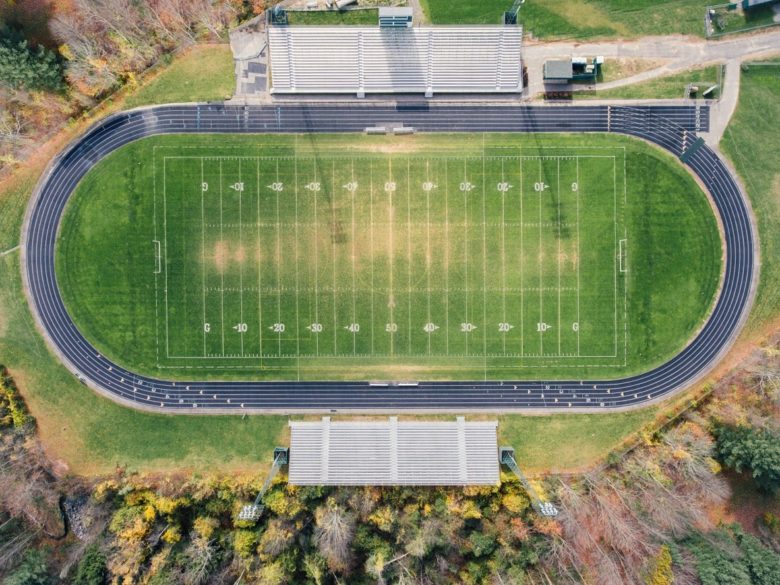One of the best days of my life was volunteering for the Special Olympics.
In college, a day was set aside specifically for volunteer opportunities. You could choose whatever project you wanted, but many students were encouraged to help at the Special Olympics, which was held on campus.
My first volunteer year, I didn’t want to help the Special Olympics. It felt too hard, and not my thing. I think I fixed a computer or painted a fence – nothing earth-shattering.
Special Olympics – Buddies
But the following year I had a change of heart. I decided to help and do the hard thing.
The Special Olympics needed “buddies.” You got partnered with an Olympian, hang out with them between events, and be a source of moral support when they were competing.
That year I met Robert. And Robert was awesome. He was the best.
He won all the competitions, came in first place every time, and absolutely destroyed his competition.
It was great – and I felt extra special to be paired with him, because it felt like I was winning too.
Winning is awesome, after all, and the only thing that matters.
Special Olympics – Sprint
Trouble arose, however, in the final event.
Robert was running down the 100-meter sprint when he fell. Face first into the track. Splat.
I felt horrible. I didn’t know what to do. I desperately wanted to run to Robert’s aid, scrap him off the track, and give him a hug and tell him it’d be ok.
I didn’t need to do any of that. Robert took care of himself, dusted himself off, and finished the race with grace.
But he didn’t win. He had lost. And all he won for his efforts was a scraped knee.
As he crossed the finish line and came to me, he cried. Big soggy tears soaked his face.
I tried to console him, and tell him it’d be ok. I thought his knee hurt him, but when he came to, all he could whimper about was losing.
He felt cheated. He wanted a redo. He wanted every other athlete to line up again so he could race once more.
Technically, nobody “won.” They all got medals for their efforts. But there was no gold, silver, or bronze medal.
But to Robert, none of that mattered.
He just wanted to win.
Special Olympics – Fast
I didn’t know how to tell Robert that in the “greater-scheme of things” he wasn’t that fast.
If I had been out on that track, I would have smoked them all – not to mention the real Olympics, with professional athletes, and record-breaking feats of human accomplishment.
Frankly, most everyone is faster than Robert.
But to Robert, this was the “real Olympics.” This was his chance to shine.
I asked him if he wanted to race me, as a special consolation event.
He said, “No.” I didn’t count. I wasn’t his competition.
At the end of the day, Robert’s father picked him up. He asked, “How’d he do?”
I explained he had won every heat – but had tripped and fell during the 100-meter – and was really upset.
“He looks forward to this all year,” the dad said. “I don’t blame him.”
Special Olympics – Upset
It made sense then, why Robert was so upset.
In the traditional world where he can’t compete, and is always seen as last or special, he’s given one day a year when he can shine.
While he may not be fast in the real world, when Robert was pitted against others with similar abilities, he knew he could win.
When he could finally use his gift, and run past the competition, and finally be able to win – he couldn’t.
He didn’t want to run against me – he knew he couldn’t beat me. He wanted to beat them.
I’d be upset too, if I had to wait an entire year to race again, and finally prove my worth.
So that lesson hangs with me today – that there’s always someone better than us.
But when we’re in our little “bubble,” we think we’re special.
Because there’s a little bit of Robert in all of us.



